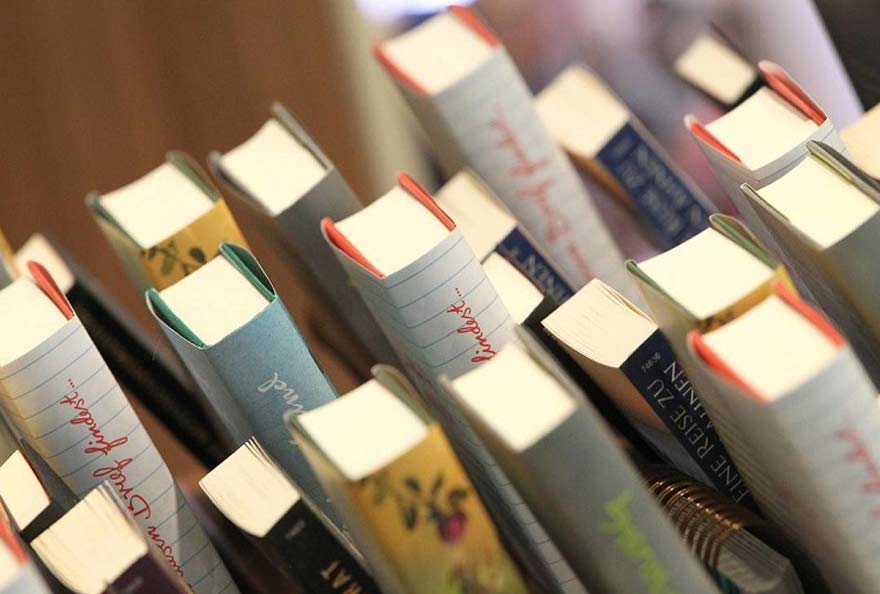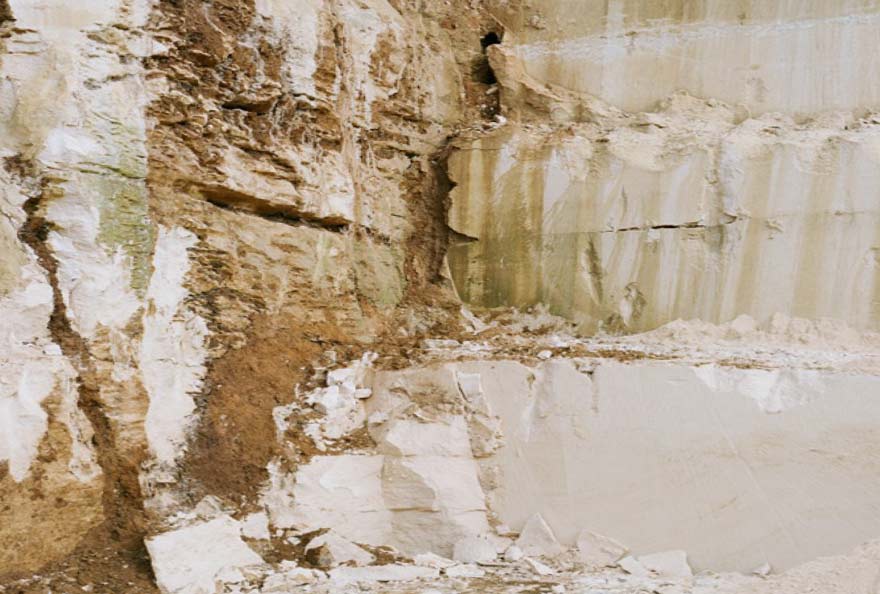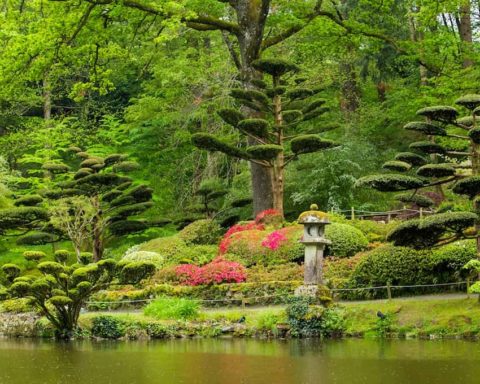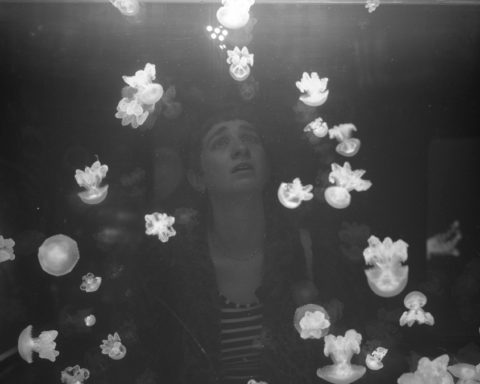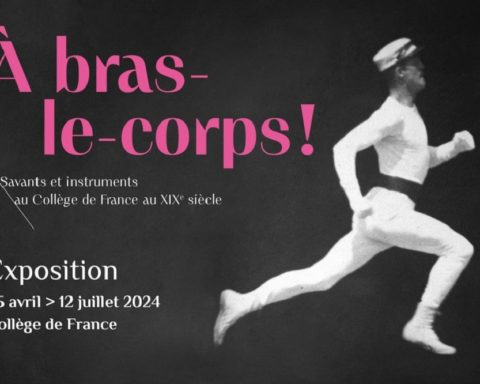As climate change and its consequences make themselves felt, a new literary genre is gaining in popularity and makes a notable appearance at the Frankfurt Book Fair from 10 to 14 October. It is called "cli-fi" or climate fiction.
Aith the pace of scientific revelations, hurricanes, droughts and floods, novels about a planet in turmoil plunge readers into realities they may not necessarily witness.
"Climate change is a slow phenomenon", notes American essayist and Brown University lecturer Elizabeth Rush, "it's hard for us to notice these things in our everyday lives."
With the "cli-fi", " you can imagine yourself as a person driven away by floods or drought, and from that imaginary position can come radical empathy "she explained to AFP.
"A revelation"
For the Norwegian novelist Maja Lunde, it all began with a documentary on the disappearance of bees, which today is causing international concern because the pollinator is so essential to the food chain. "I've had a revelation: this is what I want to write about. " she confided to AFP.
"The Story of the Bees", which tells the story of a world where humans have to pollinate trees by hand, has since become a worldwide bestseller, with more than a million copies sold and translations in some 30 languages.
On the strength of this success, the author decided to write a tetralogy of novels. The second book, "Blue", about water shortages, was published in Norway last year.
Ms Lunde, who is presenting her novels this week at the Frankfurt Book Fair, the world's largest publishing event, is convinced that the success of this new genre is still in its infancy.
"I think we'll be seeing more of these books in the years to come."she says because "People are increasingly concerned about climate change... and authors are writing about what they are afraid of".
The recommendations published Monday by UN climate experts (IPCC), calling for "rapid" and "unprecedented" changes to avoid catastrophic warming, show that the situation is "getting worse", the Norwegian author deplores. For her, the "cli-fi" can help to raise awareness of the urgency of the moment.
"Here we are"
American freelance journalist Dan Bloom, also a writer and blogger, who coined the term "cli-fi" in 2010, describes the genre as a literary cousin to science fiction, with the difference that it is "based on reality and real science.
The first examples date back several decades. The British novelist JG Ballard is a forerunner in this field, notably with "Le Monde englouti", which in 1962 told the story of the submersion of London after the melting of the ice cap.
In the United States, the popularity and number of "cli-fi" novels are widely acclaimed, despite a context in which climate-skeptic personalities occupy the highest positions in the United States. This literary genre can be a real work of resistance. By seeking to raise awareness through apocalyptic narratives, cli-fi is in line with the rhetoric of American and European environmentalists who denounce the over-exploitation of nature and the lack of an appropriate response to climate change.
For Dan Bloom, "cli-fi" is above all a genre "made for the 21st century".« . "Here we are: floods, heat waves, water shortages, climate refugees... The cli-fi invented itself."
The particularly hot summer in 2018, marked by drought in Europe and huge forest fires in California, has made the public even more aware of the consequences of global warming, according to Bloom.
And this awareness feeds "the desire to read cli-fi novels", provided that they tell, like any good book, "good stories, full of emotion and with striking characters".
American Barbara Kingsolver's "In the Light" (2012), about the sudden arrival of huge swarms of monarch butterflies in a Tennessee forest, or Canadian Margaret Atwood's "The Last Man" trilogy are already classics of the genre.
These books can be successful where "boring" science reports and press articles remain closed to the general public, Bloom said.
They can be "the spark that will lead to global political transformation," Rush hopes.
Source: AFP

